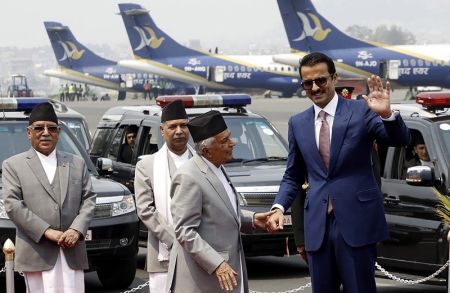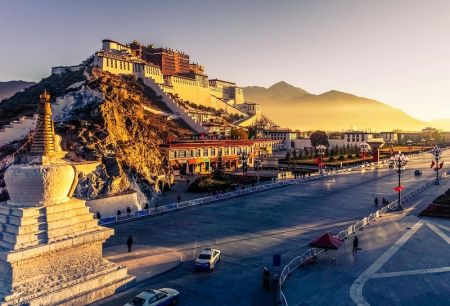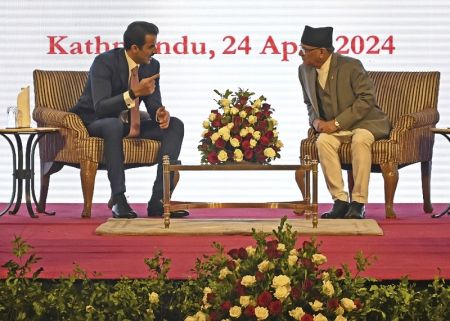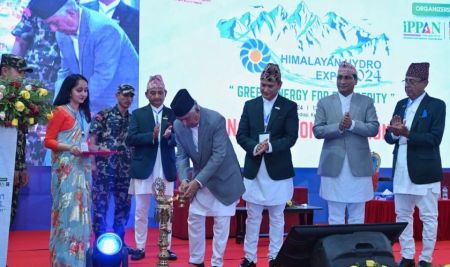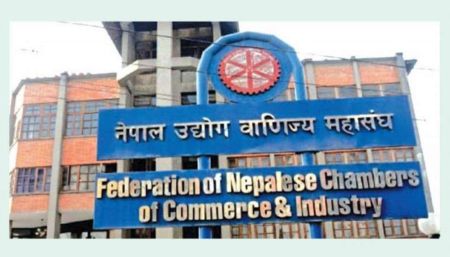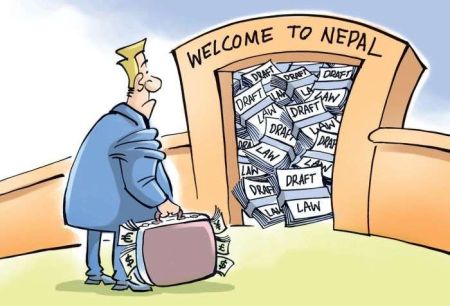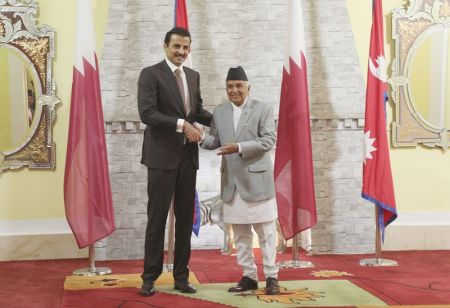
The Maoist-led government seems determined to execute a one-window policy to allocate slots and budget to publish and broadcast public sector advertisements in the Nepali media. Some smaller media houses appear to be falsely jubilant just because they had the feeling that only a few big media houses had monopolized the public sector advertisements while the rest were unfairly relegated. It would be completely immature to think that the government’s discretion to allocate these advertisements in exchange of news favourable to it will in any way help even the smaller publications and broadcasters that are struggling to be professional.
All media houses, big and small, are in fact getting only a residual fraction of the public sector advertisement that is saved from going to government-owned publications and broadcasting corporations. There are still several active laws that make it mandatory to publish public sector entities in the government mouthpiece like the Gorkhapatra. One of the darkest sides of the last two decades of democracy in the media industry is that the government couldn’t be forced out of the media business. Regardless of their rapidly dwindling readership and viewership, they have almost a monopoly over government advertisements. This is a professionally unethical phenomenon, and a real bottleneck to the growth of the sector.
Even under such a virtual government monopoly, there was one good thing -- intermediary agencies as designers and developers of advertisements have had a role, which was developing as an industry in itself. But in the proposed arrangement, the agents’ role will also be taken over by the Department of Information. Then, this ‘industry’ too is doomed to die. It is altogether a different question, however, whether the Department has the manpower, creativity and resources to do all the pre-publicity art and design work before the advertisements are actually released to the media. Even news of bypassing the advertisement agencies has made some media houses happy given that some agencies have really deceived them on a continuous basis. This happiness too is an unfounded one and the relations between the media house and the agency is entirely a separate issue to deal with than the current problem.
At the very crux of the problem is the government intention to treat advertisements as means of distributing ‘mercy’ and not treat them as part of the media business. It has not even considered how large logistical operation it should have if it considers centralizing all advertisements and then distributing it fairly, to the media scattered all over the country. As there has been an impressive growth of regional media, the Department might need its offices at regional or even district levels if it were to be fair as claimed, which is an impossible proposition in itself. Second, it wants to be discretionary than a rule-based institution. Because, once it is rule-based, the game will be the same again. For example, if it plans to make disbursement proportionate to the circulation and reach of the given media as the criteria, again the large media houses will only be entitled to a very large chunk of public advertisements. There is one good possibility that the government media might get less public advertisements than at present. But the government media is not at all likely to be treated on the same ground. So, this too is not going to happen.
Therefore, a fair and rule-based proportionate distribution is certainly not the objectives of this entire exercise. Even if it were, making an inclusive rule is a daunting task given the weak database at the centre and virtually no records existing at the local levels.
It is not difficult to figure out that the major objective of the current exercise is to reward some publication houses which are supportive of the UCPN(Maoist) and the present government and, at the same time, ‘teach some lessons’ to those media houses which are supposedly ‘hounding’ the prime minister.
Besides, this whole proposition is against the internationally accepted norm of professional journalism and media ethics. This is surely an exercise in detriment to the very foundation of the free-market. And, this will not help the media of any shape or size except the ones the incumbent government wants to protect. It goes without saying who they all will be!






